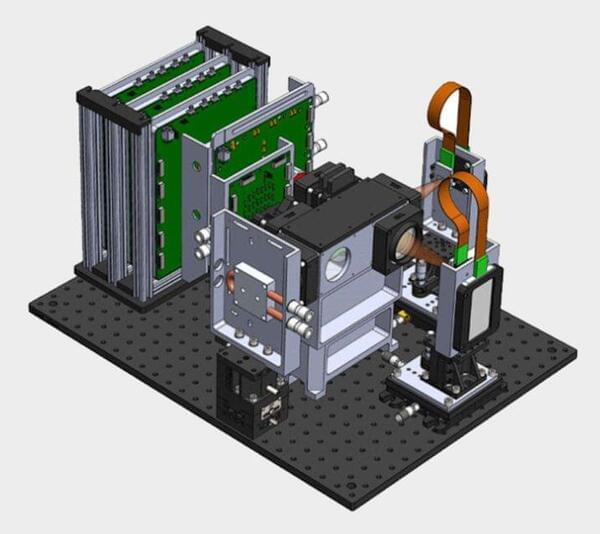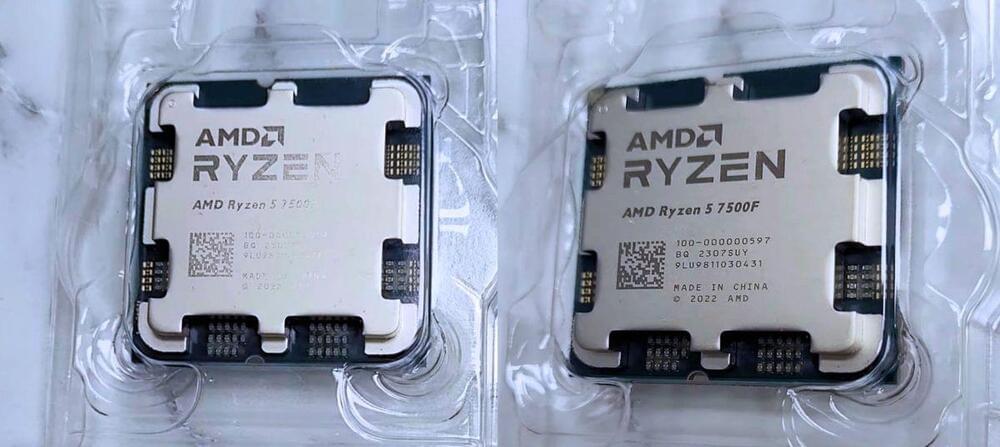One researcher said he’s concerned about the “existential dangers” of artificial intelligence for humanity.


Free access to Closer To Truth’s library of 5,000 videos: https://closertotruth.com/
Our universe has been developing for about 14 billion years, but human-level intelligence, at least on Earth, has emerged in a remarkably short period of time, measured in tens or hundreds of thousands of years. What then is the future of intelligence? With the exponential growth of computing, will non-biological intelligence dominate?
Support the show with Closer To Truth merchandise: https://bit.ly/3P2ogje.
Watch more interviews on the future of the universe: https://rb.gy/xxeav.
Sasselov has been a professor at Harvard since 1998. He arrived to CfA in 1990 as a Harvard-Smithsonian Center post-doctoral fellow. Between 1999 and 2003 he was the Head Tutor of the Astronomy Department.
Register for free at CTT.com for subscriber-only exclusives: https://bit.ly/3He94Ns.

Presenting its findings as “Unlocking the future of computing” Microsoft is edging ever closer to photon computing technology with the Analog Iterative Machine (AIM). Right now, the light-based machine is being licensed for use in financial institutions, to help navigate the endlessly complex data flowing through them.
According to the Microsoft Research Blog, “Microsoft researchers have been developing a new kind of analog optical computer that uses photons and electrons to process continuous value data, unlike today’s digital computers that use transistors to crunch through binary data” (via Hardware Info).

In a significant leap for the field of quantum computing, Google has reportedly engineered a quantum computer that can execute calculations in mere moments that would take the world’s most advanced supercomputers nearly half a century to process.
The news, reported by the Daily Telegraph, could signify a landmark moment in the evolution of this emerging technology.
Quantum computing, a science that takes advantage of the oddities of quantum physics, remains a fast-moving and somewhat contentious field.

The product itself is an interesting one, and seems built to hit a sweet price/performance ratio for anyone that plans on using a discrete GPU solution. Of course, the absence of an integrated GPU does limit the users’ flexibility — I can’t count the number of times I used an integrated GPU to try and pinpoint issues with my systems (and graphics cards). But the fact remains that more consumer choice is best: users can make their own decision on whether that’s worth the extra $10 or not.
Most of this information comes courtesy of Harukaze (via Twitter), as well as a benchmark on PugetBench, where the Ryzen 5 7500F was paired with an X670E motherboard and 32 GB of DDR5-4800 memory.

A team of astronomers led by researchers from the University of Birmingham, University College London and Queen’s University Belfast have discovered one of the most dramatic ‘switches on’ of a black hole ever seen. They will present their findings on Tuesday 4 July at the 2023 National Astronomy Meeting in Cardiff. The work will also be published in Monthly Notices of the Royal Astronomical Society.
J221951-484240, known as J221951, is one of the most luminous transients—astrophysical objects that change their brightness over a short period of time—ever recorded. It was discovered by Dr. Samantha Oates, an astronomer at the University of Birmingham, and her team, in September 2019 while searching for the electromagnetic light from a gravitational wave event. The team were using the Ultra-Violet and Optical Telescope on board the Neil Gehrels Swift Observatory to look for a kilonova, the sign of a neutron star merging with another neutron star or a black hole. A kilonova typically appears blue, then fades and turns more red in color over a timescale of days. What they found instead something even more unusual: J221951. The transient appeared blue, but didn’t change color or fade rapidly as a kilonova would.
Multiple telescopes were used to follow-up J221951 and determine its nature, including NASA’s Swift/UVOT and Hubble Space Telescope, the South African Large Telescope, and ESO facilities such as the Very Large Telescope and the GROND instrument on the MPG/ESO 2.2-meter telescope at the La Silla Observatory.


Artificial intelligence can predict on-and off-target activity of CRISPR tools that target RNA instead of DNA, according to new research published in Nature Biotechnology.
The study by researchers at New York University, Columbia University, and the New York Genome Center, combines a deep learning model with CRISPR screens to control the expression of human genes in different ways—such as flicking a light switch to shut them off completely or by using a dimmer knob to partially turn down their activity. These precise gene controls could be used to develop new CRISPR-based therapies.
CRISPR is a gene editing technology with many uses in biomedicine and beyond, from treating sickle cell anemia to engineering tastier mustard greens. It often works by targeting DNA using an enzyme called Cas9. In recent years, scientists discovered another type of CRISPR that instead targets RNA using an enzyme called Cas13.

OpenAI’s large language models (LLMs) are trained on a vast array of datasets, pulling information from the internet’s dustiest and cobweb-covered corners.
But what if such a model were to crawl through the dark web — the internet’s seedy underbelly where you can host a site without your identity being public or even available to law enforcement — instead? A team of South Korean researchers did just that, creating an AI model dubbed DarkBERT to index some of the sketchiest domains on the internet.
It’s a fascinating glimpse into some of the murkiest corners of the World Wide Web, which have become synonymous with illegal and malicious activities from the sharing of leaked data to the sale of hard drugs.